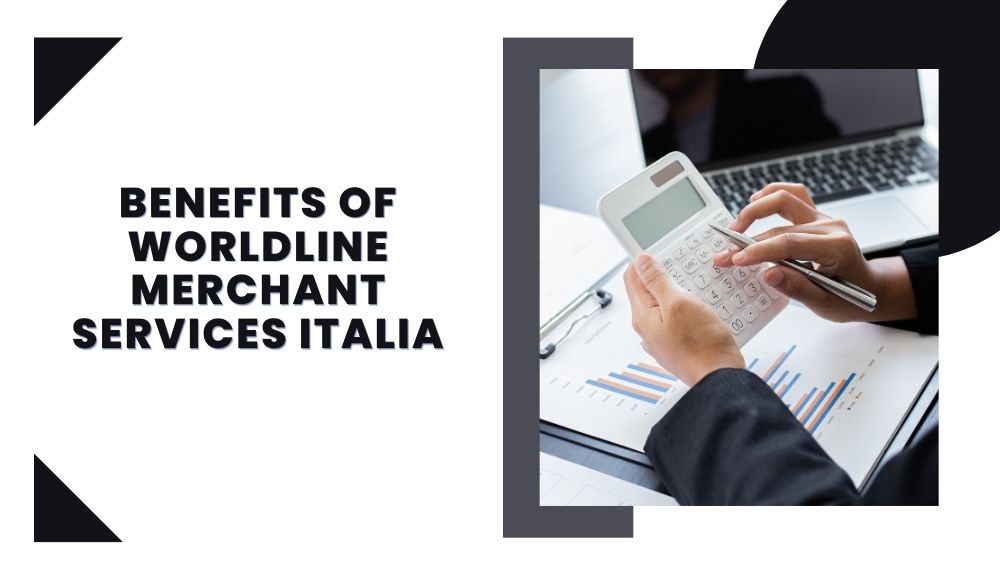Credit Card Processing – What It Is & How It Works?
Credit card processing is the process of authorizing and settling credit card payments. The process begins with a customer making a purchase with their credit card at a merchant location. The merchant then sends an authorization request to their bank, which contacts the card issuer to approve or decline the transaction. Once the transaction is approved, the funds are transferred from the cardholder’s account to the merchant’s account.
How Does Credit Card Processing Work?
There are four parties involved in credit card processing: the cardholder, the merchant, the acquirer (also known as the acquiring bank), and the issuer (also known as the issuing bank).
The first step is known as authorization. When a cardholder makes a purchase, the merchant contacts the acquirer (acquiring bank) and requests an authorization code. The acquirer then forwards the request to the issuer (issuing bank). The issuer checks the cardholder’s account to see if there are enough funds to cover the purchase and, if so, approves the transaction and provides an authorization code to the acquirer. The acquirer then passes the authorization code back to the merchant, who can then complete the sale.
The second step is known as clearing and settlement. Once a transaction is authorized, it still needs to be cleared and settled. Clearing is the process of sending transactions from the acquirer to the issuer for payment. Settlement is the process of transferring funds from the issuer to the acquirer. These two processes usually happen overnight and take one to two days to complete.
The third and final step is known as chargeback and refund. A chargeback occurs when a cardholder disputes a charge with their issuer and asks for a refund. The issuer then contacts the acquirer and requests a refund. If the chargeback is valid, the funds are returned to the cardholder’s account and the merchant is charged a fee. A refund occurs when a merchant cancels a transaction and returns the funds to the cardholder.
What are the benefits of credit card processing?
There are many benefits of credit card processing for both businesses and consumers.
For businesses, credit card processing can help to increase sales, as customers are more likely to make a purchase if they can pay with a credit card. Credit card processing can also help to reduce fraud, as businesses can verify the customer’s identity and confirm that the card is valid before completing the sale. Credit card processing can also help businesses to manage their cash flow, as funds are transferred from the customer’s account to the business’s account within one to two days.
For consumers, credit card processing can help to protect against fraud, as they can dispute a charge if they do not receive the goods or services they purchased. Credit card processing can also help consumers to manage their finances, as they can track their spending and see where their money is going.
What are the risks of credit card processing?
There are some risks associated with credit card processing, but these can be managed with proper security measures.
One of the biggest risks is fraud. Businesses can minimize fraud risk by verifying the customer’s identity and ensuring that the credit card is valid before completing the sale. Consumers can minimize fraud risk by carefully reviewing their statements and dispute any charges that they do not recognize.
Another risk is chargebacks. A chargeback occurs when a cardholder disputes a charge with their issuer and asks for a refund. If a business receives a chargeback, they will be charged a fee. To avoid chargebacks, businesses should ensure that they provide the goods or services that were promised and that the customer is satisfied with their purchase.
There are also some risks associated with credit card processing for businesses, such as data breaches and data theft. To protect against these risks, businesses should implement proper security measures, such as encryption and tokenization.
What are some tips for reducing credit card processing fees?
There are a few things businesses can do to reduce their credit card processing fees.
First, businesses should try to negotiate lower rates with their acquirer. Second, businesses can offer discounts for customers who pay with cash or check. Third, businesses can implement surcharges for credit card payments. Fourth, businesses should avoid processing unnecessary transactions. Finally, businesses can choose to process transactions offline.
Credit card processing fees can be costly for businesses, but there are a few things businesses can do to reduce these fees. By negotiating lower rates with their acquirer, offering discounts for customers who pay with cash or check, and implementing surcharges for credit card payments, businesses can save money on credit card processing fees. Businesses should also avoid processing unnecessary transactions and choose to process transactions offline when possible.
One way to reduce processing fees is by signing up for a merchant account with a credit card processor that offers lower rates. There are many processors out there that offer competitive rates, so it’s important to shop around and compare rates before signing up for an account.











